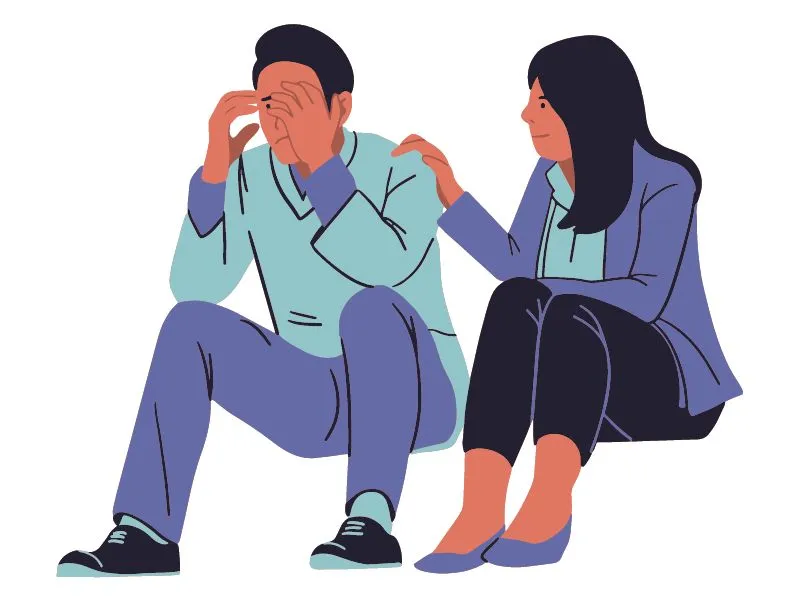In the realm of mental health treatment, empathy is a successful approach that benefits both practitioners and their patients. Empathy enables mental health professionals to form close connections with their patients, improving treatment results and fostering an environment of safety and support. However, empathy goes beyond patient care; it also benefits the providers themselves.
Here are some key points about the power of empathy to enhance the personal well-being of mental health care providers:
1. Validation and support: Those who work in the mental health field frequently have to deal with difficult situations and high emotional demands. When other people, such as coworkers, superiors, and family members, show empathy for them, it validates their experiences and gives them a sense of support. Providers may feel heard, respected, and less alone if they know that others recognize the complexity of their work.
2. Emotional safety: Receiving empathy from others provides mental health care workers with an emotional safety net, just as they do for their patients. It enables people to communicate their own feelings, worries, and vulnerabilities without fear of criticism or retaliation. This emotional safety improves mental health and helps prevent burnout.
3. Reduced stigma: The empathy that people have for those who offer mental health treatment contributes to the reduction of stigma attached to such work. Feelings of shame, self-doubt, and social isolation at work can result from stigma. When coworkers, acquaintances, and society as a whole show empathy, it creates a climate of understanding and acceptance, making it easier for providers to ask for help and have honest discussions about their experiences.
5. Collaboration and teamwork: In the field of mental health care, empathy from coworkers and peers fosters collaboration and teamwork. Stronger professional ties and more open communication result when healthcare personnel feel supported and understood by their colleagues. The providers and the people they serve eventually gain from the shared learning, idea sharing, and group problem-solving opportunities provided by this collaborative atmosphere.
6. Vicarious resilience: Just as healthcare professionals assist their patients in developing resilience, being shown empathy by others can help one develop their own vicarious resilience. Observing others' compassion and understanding for their profession can motivate caregivers and strengthen their sense of purpose. It serves as a reminder that even in the face of difficulties, their efforts are important and effective.
7. Better self-care: Being reminded of others' empathy by mental health professionals might help them prioritize their own self-care. When coworkers and loved ones show empathy, it inspires caregivers to consider their own health and practice self-care. This could entail asking for help, establishing boundaries, practicing mindfulness, or engaging in personal interests and hobbies outside of the workplace.
8. Professional development: Mental health care providers can develop professionally and gain new skills by seeing how others treat them with empathy. When coworkers and managers show empathy, they establish a culture of ongoing learning, constructive criticism, and professional growth. As a result, healthcare professionals may improve their abilities, widen their viewpoints, and maintain motivation in their work.
Conclusion
Empathy is a powerful tool that strengthens the connection between mental health care providers and patients, leading to more effective treatment and positive outcomes. It also brings personal fulfillment to providers and promotes their personal growth, contributing to a holistic approach to mental health care.
We at Solh Wellness provide accessible tools to providers to help them take care of their well-being. We also provide an approachable SAAS based platform for mental health professionals for smooth online sessions. Solh Wellness app offers greater mental health management. Download the Solh Wellness App and take a step towards better mental health and better life.



